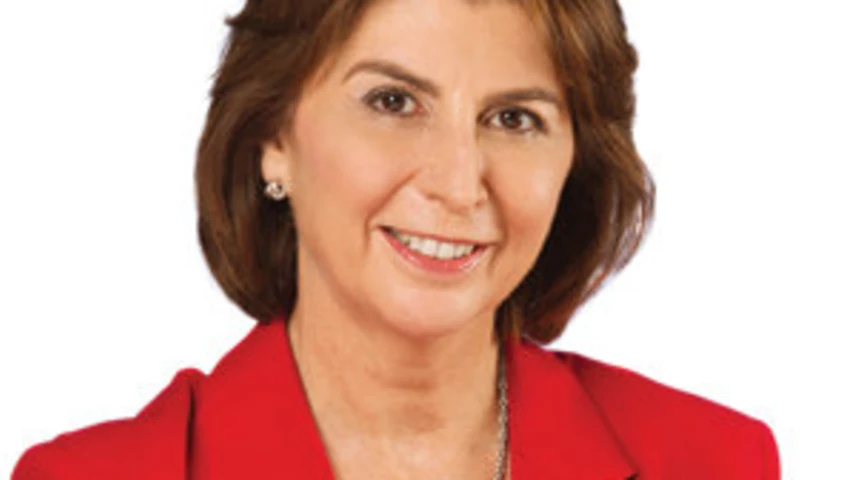Review scheduled for FSC/ASFA SRM



The Association of Superannuation Funds of Australia (ASFA) and the Financial Services Council (FSC) has responded to SuperRatings' criticism of its Standard Risk Measure (SRM), advising it would incorporate the research into its review later in the year.
SuperRatings said its research of 500 investment options indicated a wide spread of asset allocations in relation to the different risk labels contained in the SRM.
In a statement, ASFA chief executive Pauline Vamos pointed out that the SRM was set to undergo a full review and analysis of the first phase later this year. The groups involved looked forward to working on the next development, a statement from ASFA said, and they would incorporate SuperRatings' and other organisations' suggestions.
"The Standard Risk Measure has been a significant step forward for the industry, enabling a standard calculation and presentation to be applied to investment risk in superannuation," it said.
The SRM had been launched less than one year ago, following consultation with the Australian Prudential Regulation Authority (APRA) and the Australian Securities and Investments Commission (ASIC), Vamos said.
It had been an important first step in providing greater transparency to consumers via the standardisation of risk labels, she said.
Super Ratings, despite its criticism, said the FSC/ASFA SRM was the first step in achieving something the industry had been unable to initiate for 10 years.
Recommended for you
Australia’s largest super funds have deepened private markets exposure, scaled internal investment capability, and balanced liquidity as competition and consolidation intensify.
The ATO has revealed nearly $19 billion in lost and unclaimed super, urging over 7 million Australians to reclaim their savings.
The industry super fund has launched a new digital experience designed to make retirement preparation simpler and more personalised for its members.
A hold in the cash rate during the upcoming November monetary policy meeting appears to now be a certainty off the back of skyrocketing inflation during the September quarter.










